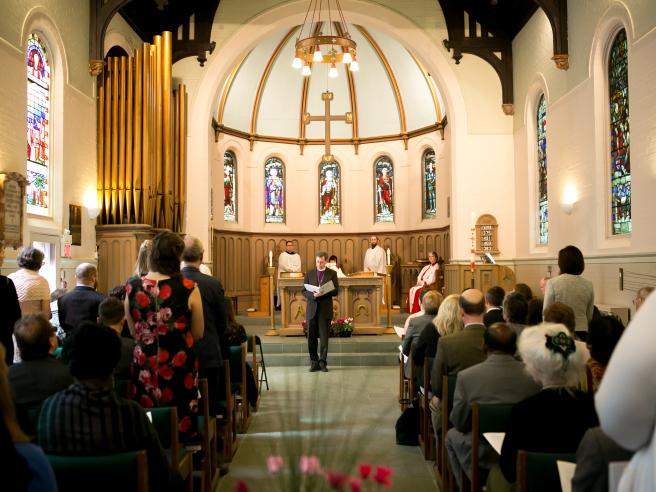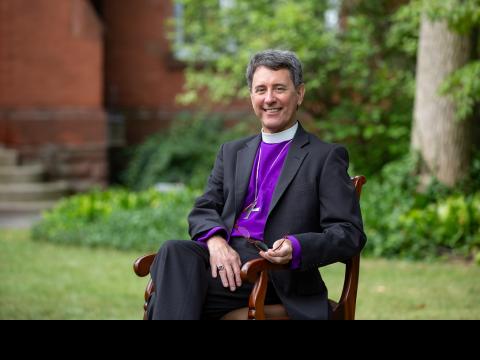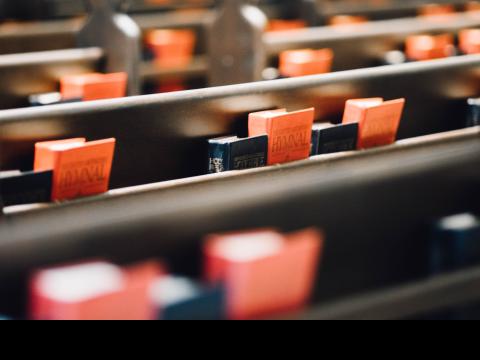"Rooted in the Anglican tradition"
As we prepare to receive 50 new students at the College this semester, I am once again reminded that many, if not most of our students have been drawn to Wycliffe because of our evangelical commitments and the quality of our teaching, and not because of any denominational allegiance.
Read more














